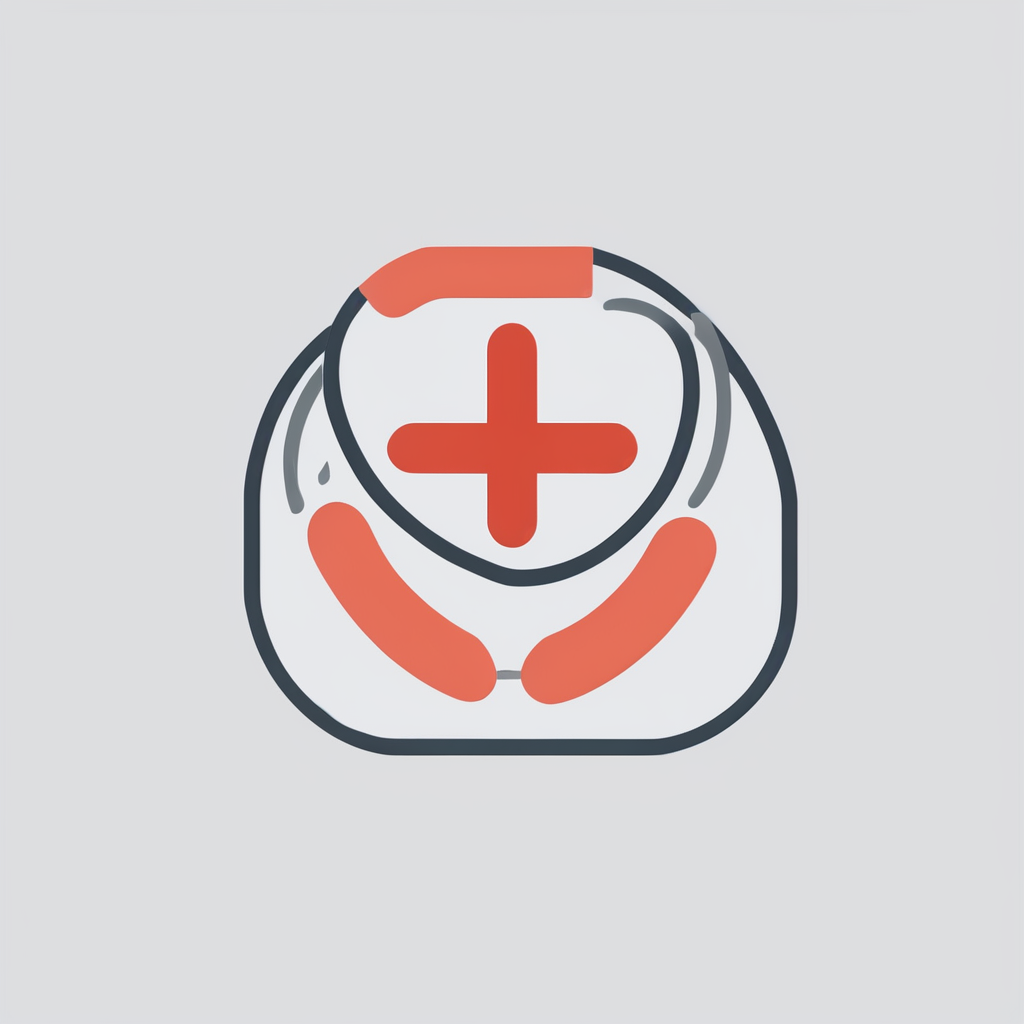Immediate strategies to improve sleep quality during pregnancy
Improving sleep quality for expectant mothers starts with practical, evidence-based approaches. One key strategy is adopting recommended sleep positions. Research highlights sleeping on the left side as optimal during pregnancy, as it enhances blood flow to the fetus and reduces pressure on major vessels. Avoiding back sleeping can prevent discomfort and health risks, making this a crucial tip in pregnancy sleep tips UK.
Establishing a consistent bedtime routine is another effective practice. Going to bed and waking up at the same time daily helps regulate the body’s internal clock, combating pregnancy insomnia remedies. This routine can include relaxing activities like light reading or gentle stretching, promoting better rest.
In the same genre : What Are the Common Mistakes to Avoid for a Healthy Pregnancy?
To tackle physical discomforts—such as back pain or frequent urination—simple adjustments can significantly improve rest. Using supportive pillows to ease pressure on the hips or elevating the upper body slightly can relieve symptoms that often disrupt sleep. Incorporating these modifications aligns with many pregnancy sleep tips UK and empowers expectant mothers to sleep more soundly through the night.
UK-specific guidance and trusted resources
Reliable support tailored for pregnant women in the UK
Have you seen this : How Can Partners Best Support Pregnant Women in the UK?
The NHS pregnancy sleep advice emphasizes the importance of sleeping on the left side to improve blood flow to the baby and reduce the risk of complications. The NHS recommends avoiding sleeping on the back during later pregnancy stages, as it can compress vital blood vessels. Rest and sleep are critical for maternal and fetal health, so following these guidelines can enhance comfort and safety.
UK maternity guidance also encourages creating a calming bedtime routine and maintaining a cool, dark, and quiet bedroom environment. Regular physical activity, within safe limits, can improve sleep quality, as per standard NHS maternity advice.
For additional support, several trusted UK charities provide expert guidance and helplines for expectant mothers facing sleep difficulties. Organisations such as Tommy’s and Best Beginnings offer useful resources tailored to pregnancy-related concerns. These charities can help address anxiety and offer practical advice.
Several UK sleep resources for pregnancy are online, providing clear, evidence-based information. These platforms cover a range of topics from sleep hygiene to managing pregnancy symptoms that disrupt rest. Consulting these resources alongside professional NHS advice ensures a well-rounded approach.
Managing common pregnancy sleep challenges
Small changes can make a big difference.
Pregnancy discomforts often disrupt restful sleep, but understanding how to manage them can greatly improve your nights. Night-time urination pregnancy is a common issue caused by hormonal changes and pressure on the bladder. To handle this, try limiting fluid intake a few hours before bedtime and avoid caffeine. Emptying your bladder fully each time helps reduce repeated awakenings.
Back pain and physical discomfort also challenge sleep during pregnancy. Using supportive pillows, especially a pregnancy pillow, can alleviate pressure and improve spinal alignment. Sleeping on your left side increases circulation and reduces strain. Regular prenatal stretches during the day may reduce stiffness, making it easier to fall asleep.
Stress and emotional changes can keep many expecting mothers awake. Techniques like deep breathing, gentle meditation, or journaling before bed can soothe the mind. Establishing a calming bedtime routine encourages relaxation and better sleep quality.
Managing pregnancy sleep issues requires patience and experimentation. Implementing tailored solutions not only eases discomfort but also supports overall well-being for mother and baby during this important time.
Safe product recommendations to aid rest
Choosing the right maternity pillow can transform sleep quality during pregnancy. In the UK, top-rated maternity pillows provide targeted support for the back, hips, and belly, crucial for comfortable rest. Look for pillows made with breathable materials and adjustable firmness to suit changing needs throughout pregnancy. This helps reduce discomfort and promote proper spinal alignment.
For sleepwear, selecting pregnancy sleepwear designed for UK climates is vital. Lightweight, breathable fabrics like cotton or bamboo can prevent overheating, while stretchy designs accommodate belly growth without restricting movement. Seamless and tagless options reduce skin irritation, enhancing comfort for sensitive skin during pregnancy.
Beyond pillows and sleepwear, pregnancy sleep aids UK include gentle solutions such as herbal teas, white noise machines, or supportive wedge cushions. These products cater to the different stages of pregnancy, alleviating common challenges like heartburn or back pain that disrupt sleep.
By blending quality maternity pillows, climate-appropriate sleepwear, and supportive sleep aids, pregnant individuals in the UK can significantly improve rest throughout all trimesters. Prioritising comfort and safety in these choices supports both maternal well-being and healthier sleep habits.
When to seek medical advice about sleep problems
Sleep disturbances during pregnancy are common, but knowing when to contact your midwife or GP is essential for your pregnancy health concerns UK. Persistent insomnia, excessive daytime sleepiness, or signs of sleep apnea such as loud snoring and breath interruptions should prompt medical advice. Additionally, symptoms like severe restless legs, persistent leg cramps, or intense anxiety impacting sleep quality may require professional intervention.
If you experience any warning signs such as sudden swelling, high blood pressure, or severe headaches alongside sleep difficulties, seek urgent NHS sleep advice pregnancy support immediately. These symptoms may indicate complications needing prompt attention.
Approach your GP or midwife openly about your sleep issues. They can assess your situation, provide tailored advice, and suggest coping strategies or treatments. The NHS encourages pregnant women to report any concerns without delay to ensure both maternal and fetal well-being.
In the UK, referral pathways are clear: midwives often coordinate initial support, while your GP can arrange specialist referrals if needed. Helplines and urgent maternity support services offer additional guidance for immediate concerns, ensuring you receive timely assistance for any sleep-related pregnancy health concerns.
